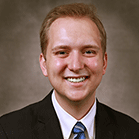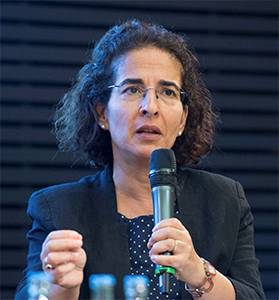The Right to Be Proselytized Under International Law

Ryan Cheney is a 2024 JD/MPA graduate of Brigham Young University and an incoming attorney at Boyack Christiansen Legal Solutions. This post is based on an article published in the BYU Law Review.
Legal arguments and academic discussions about proselytism tend to focus on the right of the proselytizer to proselytize and on the right of the “proselytizee” to be free from such “interference.” Sometimes proselytism is criticized on the grounds that it interferes with a person’s religious rights or with the integrity of the person’s religious community.[1] However, if proselytism is restricted and people are thereby prevented from being “being proselytized,” a noteworthy result is that fewer people hear proselytizers’ messages and adopt new religions or beliefs. Of course, some people will prefer not to interact with proselytizers. However, many individuals listen to and accept proselytizers’ messages.[2] By depriving them of the opportunity to choose whether to listen to and accept proselytizers’ messages, might proselytism restrictions infringe on individuals’ rights?
I argue that such restrictions in fact do violate individuals’ rights under international law because international law protects a right to be proselytized.


